Sales of laptop computers have worldwide, for a decade, surpassed their counterparts of desktop computers. In 2018, desktop sales totaled 94 million machines compared to 162 million laptops.
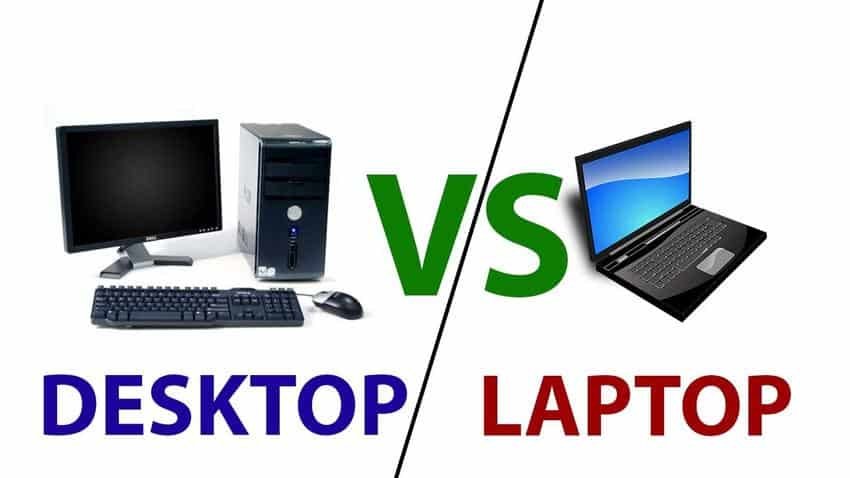
The difference in world market preference to laptop it is expected that 2023 will increase to 80 million versus 171 million. But even if the sales of desktop with they do not mean they do not deserve their money. There are times when desktop is the ideal solution.
If you are undecided about what's the ideal solution for you and what you need to buy, read the article below. We will look at some of the pros and cons of laptops and desktops.
Laptop - Pros and Cons
What are the pros and cons of selecting a laptop with regard to a desktop computer?
1. Portability
If you need to often have your computer out of the house, then owning a laptop is clearly a one-way street.

But many people only buy a laptop for its small size, and park it in their office or home.
If you are in this category then think about whether you really need a laptop. You may be better served with a desktop computer and an extra high-quality tablet for use on the sofa.
2. Fixed fittings
Fixed accessories are one of the major drawbacks of laptops. It is the great compromise you make in return for portability.
When you buy a laptop, you are “married” to the same screen, keyboard, trackpad, ports, speakers, etc. duration of his life.
Sure, you can use external components, but if you do, you are downgrading the portability. With this logic it may be cheaper and wiser to buy a desktop machine than a laptop.
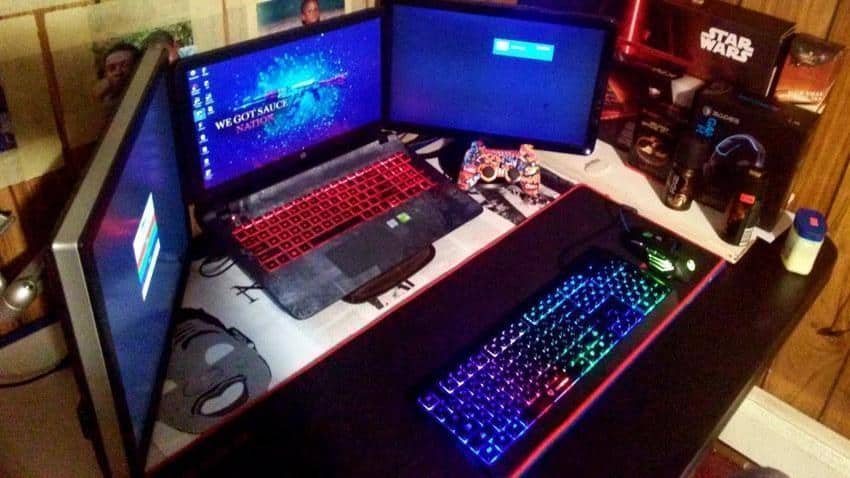
And of course, if you decide to buy some peripherals, you will find them double, since you can not get rid of the original parts. Surely things will become more complicated.
3. Graphics card
Many desktop systems use a separate one graphics card, high performance. It is usually a standalone graphics card connected to a dedicated socket on the motherboard.
Very few laptops offer a separate graphics card. Instead, they use a graphics card built into the motherboard. Integrated graphics are on the same chip as the CPU and share its memory.
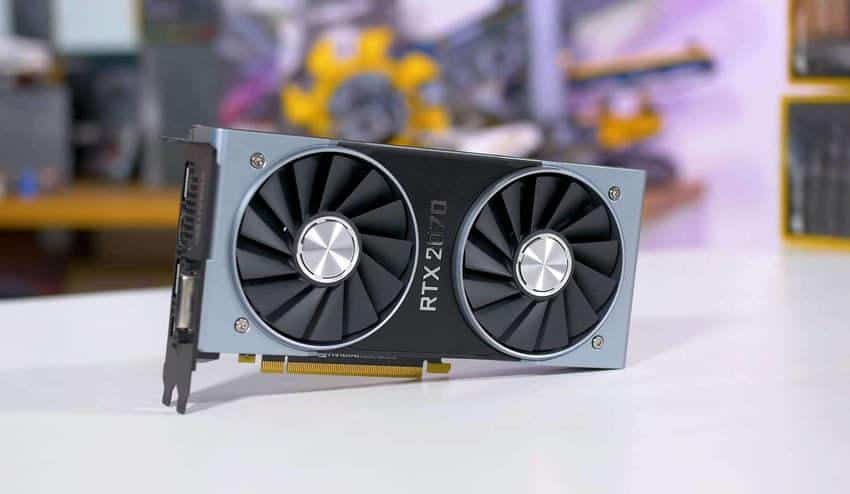
The presence of a separate graphics card on laptops is only relevant if you are a gamer. The extra cost and weight resulting from a separate GPU is usually not desirable for most laptop users.
4. Limited upgrade options
Most laptops do not have many components that you can upgrade. Usually you can only play with the RAM and the RAM hard drive.
If you want to improve other parts of your hardware, you probably will not be able to. There is simply no space inside a laptop frame to add the extra components you want.
Of course, many desktop users never upgrade their computers, so how much you value this feature is a personal matter. theme.
5. Catering
Laptops use less power than their desktop PCs. Simplified, we can say that smaller parts require less energy to function.

Laptops also have a battery. This can save you from potential loss of data if you can not save them during unexpected power fluctuations and power outages.
Advantages and Disadvantages of Desktop PCs
See below what are the pros and cons of buying a desktop computer?
1. Lack of criticism and opinion
When you are about to deposit a serious amount of money into one product, you probably want to do some market research beforehand to make sure you get exactly what you want.
Many desktops have no reviews. We are not talking about all-in-one computers from Dell or HP. We mean computers that are assembled from the local (or home) computer store and are usually sold as no-name.

Okay, you can definitely read reviews of the individual components of a pc, but you will never be sure that all these components work together perfectly with each other without any minor problems that will grow over time.
2. Harder to buy
The lack of criticism for dssktop computers also means that it can be more difficult to buy than a laptop.
For example, if you buy an assembled computer from a local store, you should trust this store implicitly. Have they tried the machine the way they claim? Do the interior fittings match the store's sayings? Do you get the maximum quality in relation to the money you give? The whole process is much more personal.
You can mitigate some of these issues by buying perhaps from a branded chain of stores, but you will end up paying a substantial amount for your home brand.
3. Cost
And this leads to our next point: the cost.
Office computers are significantly cheaper than laptops. You will get far more features with the same money.

For a few hundred euros, you can find a desktop computer that will greatly overshadow the laptop that you could get at the same price.
4. Aesthetics
When you bring to mind a desktop computer, you might think of a nasty tower, a giant screen and endless cable braids.
It does not have to be that way. If you want something to cover your aesthetics, the machines all-in-one they are ideal for you. Especially if it's from a leading computer manufacturer.
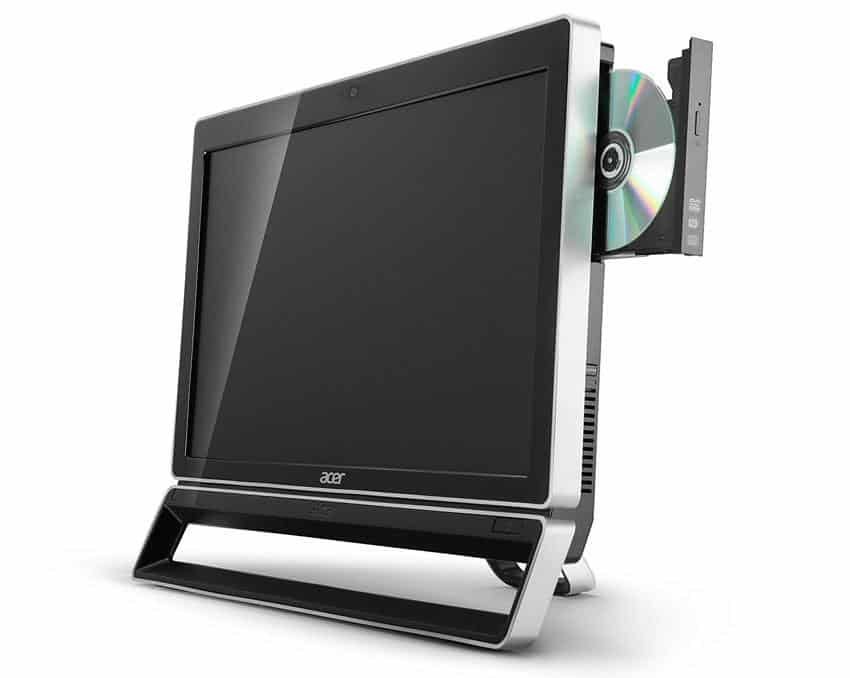
They look like a large thickness display. And with the exception of the power cord, there is no other cable to look at.
5. You can create your own desktop
If you want complete control of your computer components, you can build your own desktop computer with your hands.
Don't be fooled by the word "build". If you're not sure what to do, you better not try it.
If you still manage, you can do your research and buy all the parts you need online and then either go to a friendly shop and have them do it for you. fitting, or assemble them yourself. Of course the most common commercial solution is to have your friendly shop do the purchasing of the materials (taking a commission) so that they can carry out the post-assembly without grumbling.
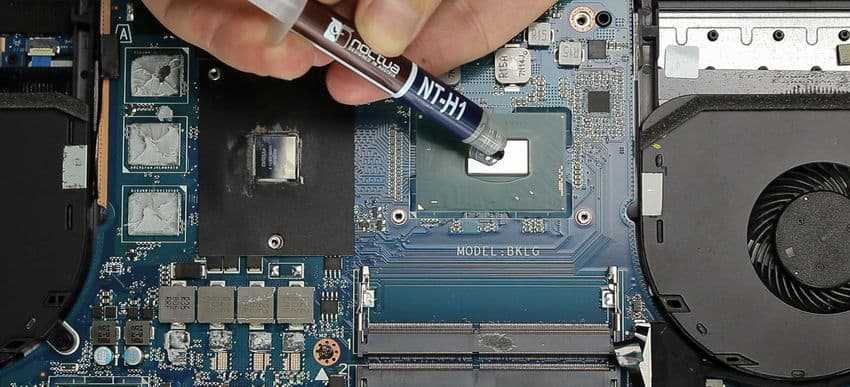
There are some disadvantages to building your computer. It will take hours and hours of research, the total cost can take off if you do not notice how much to spend on each individual component and ultimately you have to take responsibility for the success or failure of the system.
Laptop vs. Desktop: What's Best for You?
Let's hope that this article gave you some insight into what strategy is right for you. Just remember that there is not just one correct answer. It depends to a large extent on what is important to you and how you intend to use your computer.



